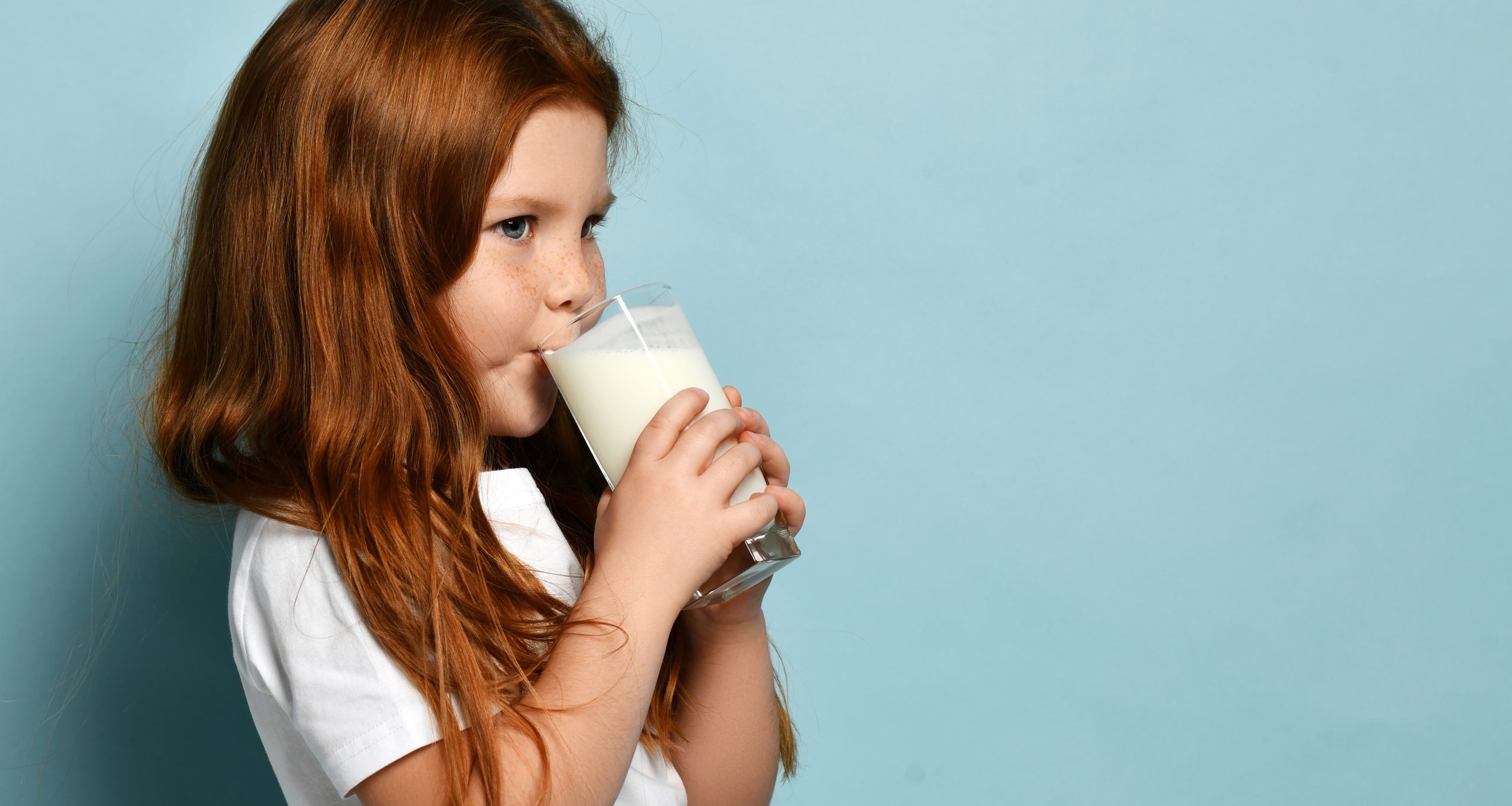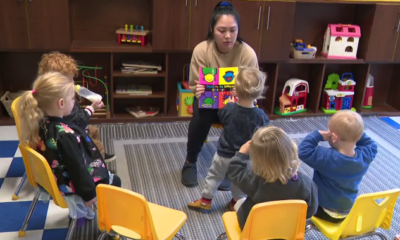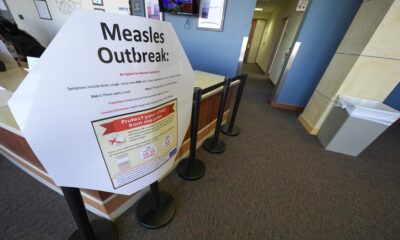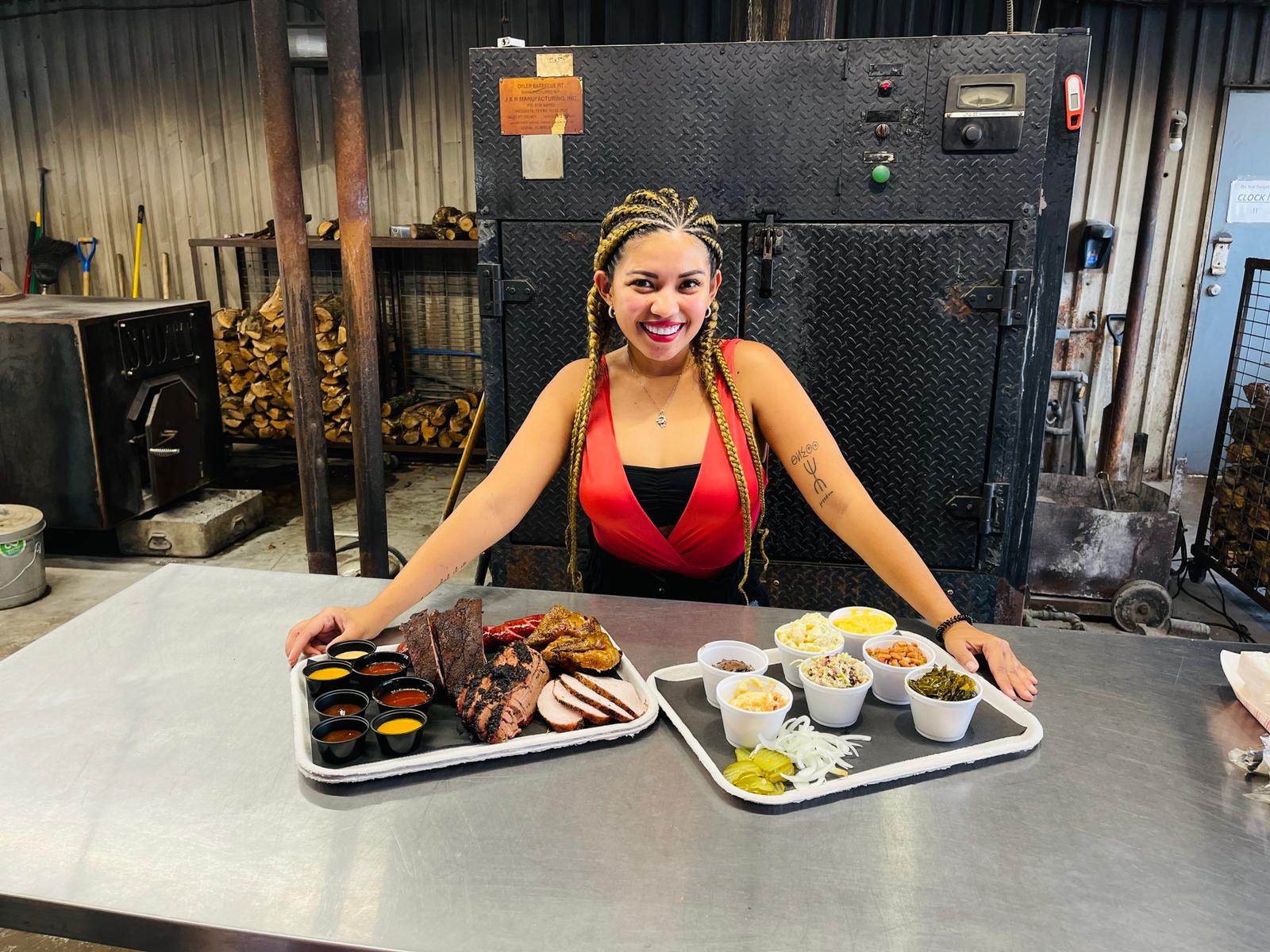Advice
The Dairy Free Mum | Child Intolerances


Blogger / 9 September, 2024 / Ellie Thompson
Kate Lancaster aka The Dairy Free Mum shares her top tips on parenting children with food allergies. You can follow Kate on Instagram and TikTok.
Overwhelmed. Stressed. Confused. Anxious. These are the words I hear most often when speaking to other allergy parents, and having been through the journey twice with my kids (both of whom have Cow’s Milk Protein Allergy) I totally understand why. It can feel relentless trying to figure out symptoms, second-guess reactions and do everything in your power to ensure that your child is kept both safe and included.
With new research published last month revealing food allergies have doubled in a decade, and Allergy UK suggesting that 1 in 12 children now have a food allergy, this is clearly an issue that is on the rise. Here are my top tips for navigating your allergy parent journey.
Seek Professional Support
Allergic reactions can affect the skin, digestive system, respiratory system and appearance/behaviour. If you suspect your child has a food allergy, it’s really important to discuss with your GP so you can get personalised advice. Preparing a detailed food and symptom diary, photos and videos of reactions and a list of concerns and questions can help you get the most of that initial appointment. From there you can be advised on testing, diagnosis, and ideally referred to an allergy specialist, and/or a paediatric dietitian for ongoing support. If you ever suspect anaphylaxis always call 999 and, if already diagnosed, follow your child’s emergency action plan.
Trust Your Gut
As a parent, you know your child best. If something doesn’t feel right, always trust your instincts. Whether that’s pushing for more support, asking difficult questions or avoiding situations that you feel just aren’t safe, don’t be afraid to be your child’s voice.
Communicate Clearly and Set Boundaries
Many people you encounter won’t have experience with allergies so you may need to help them understand. Lots of people confuse dairy and eggs, for example. Be clear and direct when communicating, ‘he is allergic to milk, this is what happens if he has milk, we need to ensure there are no ingredients that contain milk in his meal’ rather than using vague language like ‘he can’t really have dairy’. Aim to set clear boundaries both in the home, outside, and with any childcare providers on things like;
- whether your child can eat ‘may contains’
- where food will be stored and prepared
- how plates will be identified (at nursery for example)
- cleaning, sanitising and hand washing processes
Your child will also pick up on your language and tone, so narrate and role-model checking labels or speaking to restaurant staff, and teach them to always check all food with you before eating, until they’re old enough to do this themselves.
Check Each Label Carefully, Every Single Time
The golden rule when it comes to food allergies that can’t be stated enough! Allergens creep into so many unexpected products (not just food either, be aware of cosmetics too) and manufacturers can change ingredients, so always double check the label every time you buy.
Follow The Three P’s
Allergy parents don’t really have the luxury of spontaneity… organisation is absolutely crucial, and I like to follow the three P’s; Prep, Plan and Pack.
Prep – always have a safe stash of snacks on hand, some safe meals in the freezer and favourite recipes saved. You can even freeze slices of allergy-friendly cake to take to parties so they don’t miss out.
Plan – Consider having a weekly time to sit down (with your partner if relevant) to make a meal plan and shopping list for the week ahead, plus discuss any upcoming appointments, childcare plans, and social occasions to ensure everything is organised.
Pack – Create an allergy pack that you, or whoever is looking after your child, carries at all times. This can include things like their Allergy Action Plan (if they have one), prescribed medication such as AAIs / antihistamines / inhalers, and practical items such as sanitising wipes, cloths and hand sanitiser. If they eat out of the home then also consider taking their own cutlery and plate, as well as their water cup.
Be Kind to Yourself
Being an allergy parent is tough. It’s rare to get a break from being ‘on alert’ and the mental load of planning every detail can be exhausting. So try not to beat yourself up too much if you have a wobble or even a slip-up (it happens!) Be open with loved ones if you’re struggling, and finding a support network of other allergy parents can really help too.
Kate’s book ‘Feed Your Family Dairy Free: Weaning + Nutrition + Recipes + Allergy Advice’ (Yellow Kite Books) is out on 12th September, RRP £25 available at Amazon.

READ NEXT
Cows’ Milk Protein Allergy: The Low-Down On Substitute Milks & Nutrients
REFLUX: Leading Expert Professor Shah Answers Your Questions
-

 Destination7 months ago
Destination7 months agoSingapore Airlines CEO set to join board of Air India, BA News, BA
-

 Breaking News8 months ago
Breaking News8 months agoCroatia to reintroduce compulsory military draft as regional tensions soar
-

 Tech News11 months ago
Tech News11 months agoBangladeshi police agents accused of selling citizens’ personal information on Telegram
-

 Breaking News8 months ago
Breaking News8 months agoBangladesh crisis: Refaat Ahmed sworn in as Bangladesh’s new chief justice
-

 Guides & Tips9 months ago
Guides & Tips9 months agoHave Unlimited Korean Food at MANY Unlimited Topokki!
-

 Gaming8 months ago
Gaming8 months agoThe Criterion Collection announces November 2024 releases, Seven Samurai 4K and more
-

 Toys10 months ago
Toys10 months ago15 of the Best Trike & Tricycles Mums Recommend
-

 Tech News9 months ago
Tech News9 months agoSoccer team’s drone at center of Paris Olympics spying scandal























